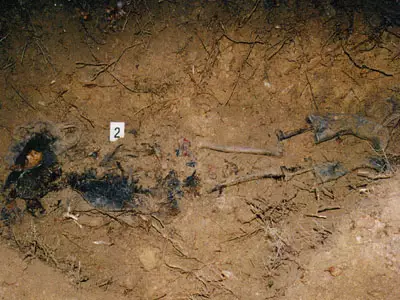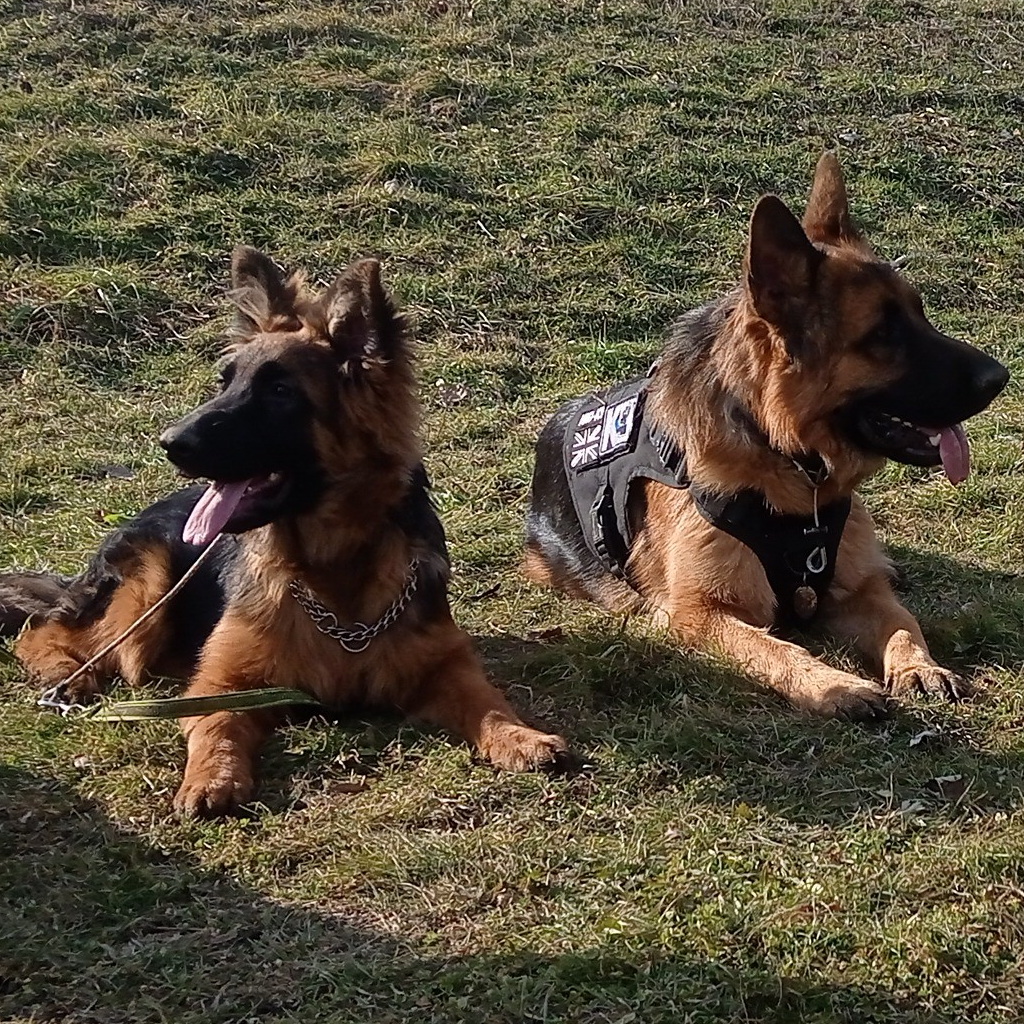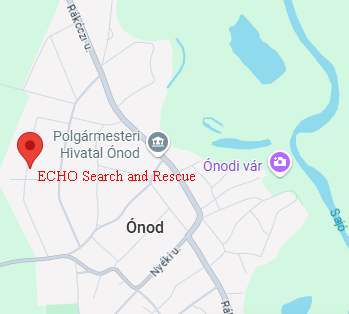When we hear the news of a desperate search, we are all shaken, we think of our loved ones and we share the concern felt by relatives and friends. The race against time begins, as the first 24 hours can be crucial, and we wait in dread for the news.
Statistics show that most missing elderly individuals are those who cannot care for themselves and suffer from cognitive impairments or mental decline. These individuals often wander off without knowing where they are going. People with dementia have difficulty orienting themselves in time and space. They are usually searched for with significant efforts in the field because they are among those who cannot find their way back on their own, often with tragic consequences.



